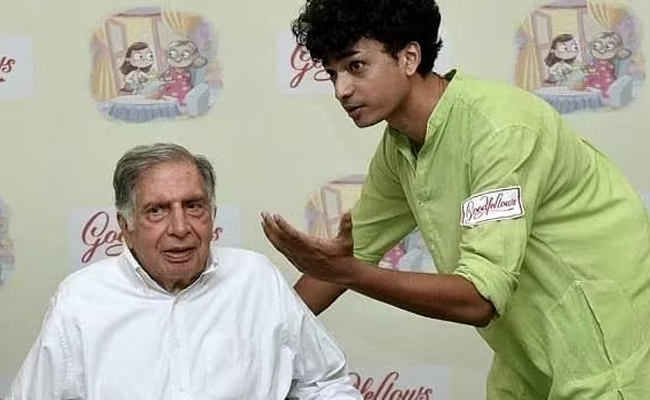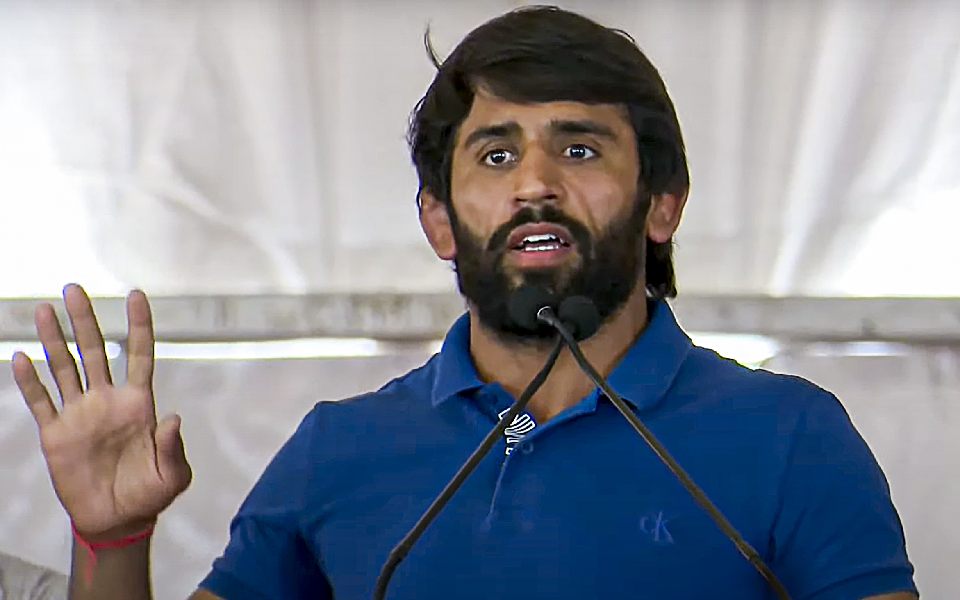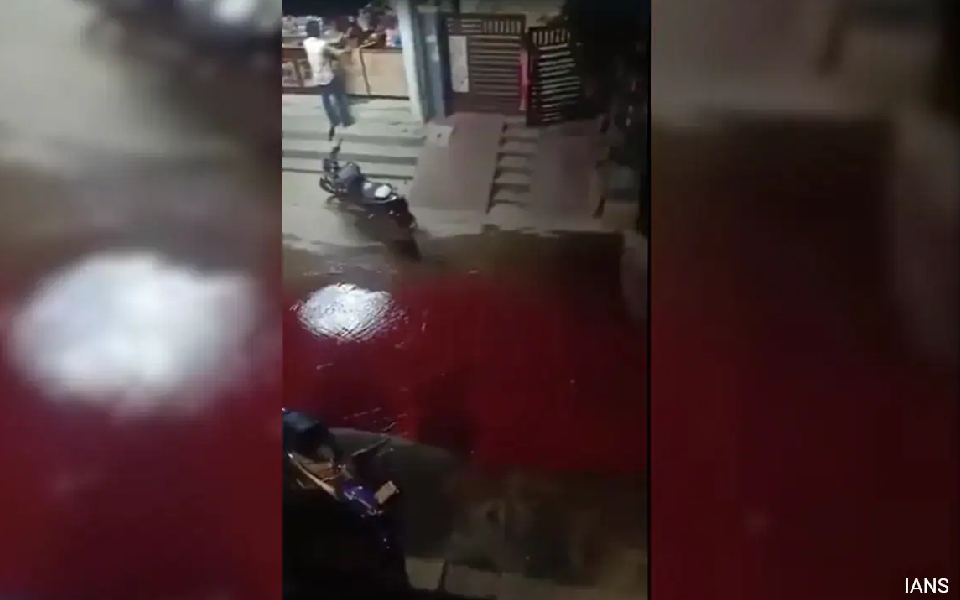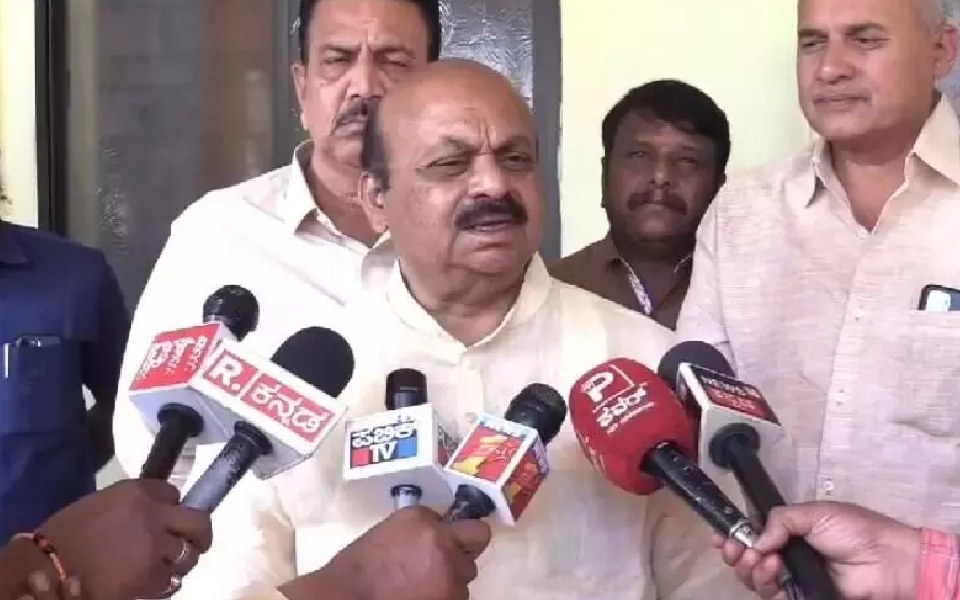Mumbai (PTI): Shantanu Naidu, a long-time associate of Ratan Tata, on Thursday bid adieu to the industrialist, comparing his boss to a "lighthouse".
"The hole that this friendship has now left with me, I will spend the rest of my life trying to fill," Naidu, a general manager in the Office of RNT, wrote on a professional networking site in the early hours.
Later in the morning, everybody saw Naidu riding out of Tata's house on a Yezdi motorcycle, leading the truck carrying his boss' mortal remains.
"Grief is the price to pay for love. Goodbye, my dear lighthouse," said the short post, accompanied by a picture of the two in what seems like a chartered aircraft.
It was the mutual love and concern for dogs which had formed a bond between Tata and Naidu, a Pune-based youngster who had started working for a Tata group company.
Pained by the sight of a stray dog's death, Reddy created a reflective collar to help motorists notice the strays quicker and wrote to Tata about the same.
Tata replied with much more than an acknowledgement. Naidu received an investment from Tata for this venture and an enduring bond.
Naidu soon went to the US for his masters and on the return, got placed in the Office of RNT, the private office of the industrialist post his stint as Tata Sons Chairman.
Outside of his day job of managing affairs for Tata, Naidu kept creating socially relevant platforms and services, and his indulgent boss often backed these ideas, up prime among them was Goodfellows, a subscription-based companionship service for senior citizens started in 2022.
Though struggling on the health front, Tata made sure that he attends the launch event for the startup in which he had invested an undisclosed sum.
Visuals of that event are fresh on everybody's mind, as are the ones of Naidu celebrating his boss' birthday a few months before.
Let the Truth be known. If you read VB and like VB, please be a VB Supporter and Help us deliver the Truth to one and all.
Israel's security cabinet on Tuesday approved a ceasefire deal with Lebanon, news agency Reuters said, citing sources.
This is a developing story. It will be updated.





